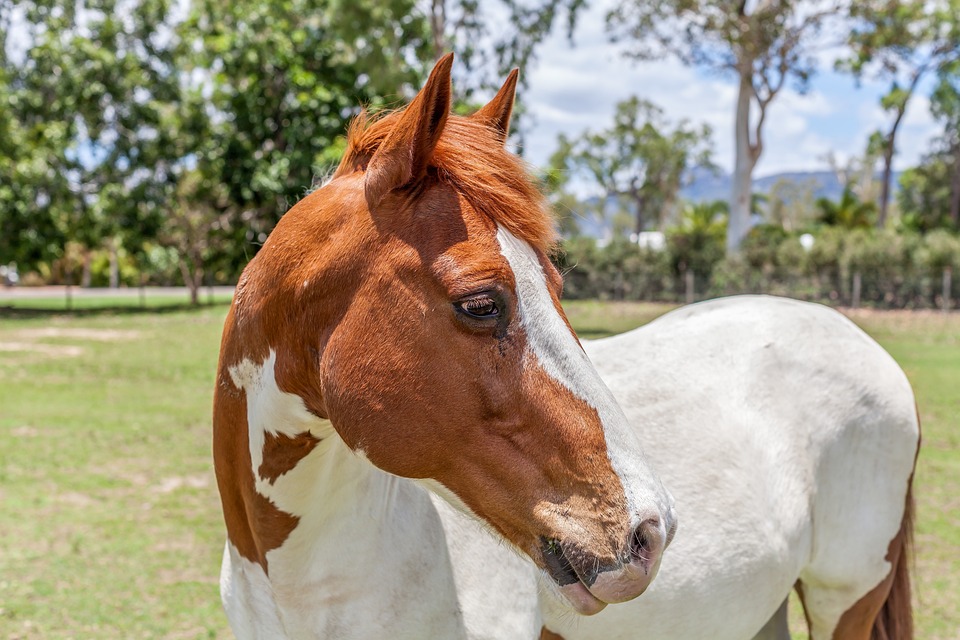When your dog gives you those big puppy dog eyes, it’s hard to say no to giving them high-value treats. People food like cold cuts and deli meats are a popular special snack for owners to give their dogs. However, if you frequently give your dog deli meat, you may want to put it on hold for a while. Listeria outbreaks have affected many cold cut brands recently, raising the question of how listeria affects dogs, if at all, and if owners should be worried.
Listeria is an infection caused by a bacteria called Listeria monocytogenes. Oftentimes, Listeria outbreaks occur when foods are contaminated with soil fertilized with infected manure. Both animals and people can become infected if they’ve eaten food that has been contaminated with the bacteria. Those infected also act as carriers of the bacteria and can spread it to other people and pets.
On July 29, 2024, the U.S. Food and Drug Administration (FDA) recalled over seven million pounds of products across multiple brands of deli meats due to possible contamination with Listeria. This current Listeria outbreak has spread across at least 13 states, resulting in over 30 hospitalizations, with two deaths directly linked to Listeria contamination. These meats include, but aren’t limited to, beef, bologna, ham, liverwurst, and salami.
Can Dogs Get Listeria?
Dr. Jerry Klein, AKC Chief Veterinarian, says that while it’s possible for dogs and cats to get Listeria, it’s much more common in rodents and rabbits. Dogs that eat contaminated food often don’t show any signs of carrying the bacteria, but can become carriers of the disease that can spread to others. Dr. Klein mentions that the most significant FDA recalls related to Listeria are usually in regard to raw dog food that is contaminated. After ingesting Listeria-contaminated food, dogs usually don’t become as ill as people. The recalls are most significant for people handling these contaminated foods.
Listeria Symptoms in Dogs
When infected with Listeria, dogs typically only have mild gastrointestinal signs, like vomiting or diarrhea. If you notice either of these symptoms, especially if you’ve given your dog deli meat that may have been contaminated, consult your veterinarian. While less common, there can also be more severe signs of Listeria in dogs, such as breathing problems, fever, muscle pain, and pregnancy loss in pregnant dogs. It’s rare, but in the most severe cases, Listeria can lead to death.
Can Dogs Give People Listeria?
Though possible, it’s rare for dogs to give Listeria to humans. This is because when someone, person, dog, or any other animal, eats something that has been contaminated with Listeria, they carry the bacteria and can infect others with it. The good thing is that, while possible, Listeria infections from dog to human or human to dog are very unlikely.
Unlike some other bacterial infections, Listeria isn’t contagious through air or touch. However, pets can spread Listeria bacteria through the home environment by shedding the bacteria. Dogs that are carriers of the bacteria can shed it in their stool, even if they appear healthy. Other pets, like cats, for example, can spread Listeria through shared litter boxes or walking on countertops. Dogs, on the other hand, are more likely to spread the bacteria by having poop accidents in the home. Both sick and healthy pets’ poop can be a source of infection for people if they carry the bacteria.
How to Keep Your Dog Safe From Listeria
Most human Listeria infections come from eating contaminated food, which can include meat, dairy products, or raw vegetables. Besides taking care to avoid giving your dog contaminated foods, it’s important to maintain good hygiene practices when caring for your dog. Taking precautions like washing your hands thoroughly after handling raw pet food or cleaning up dog poop can help reduce potential infection. These are good practices regardless, but are especially important if you or your dog has been infected with Listeria.
In conclusion, while dogs can get Listeria, it is more common in other animals and humans. If you suspect your dog may have ingested contaminated deli meat or is showing symptoms of Listeria, it’s important to consult your veterinarian for proper diagnosis and treatment. Additionally, practicing good hygiene and food safety measures can help prevent the spread of Listeria to both pets and humans. Remember, your furry friend’s health and well-being should always be a top priority.





